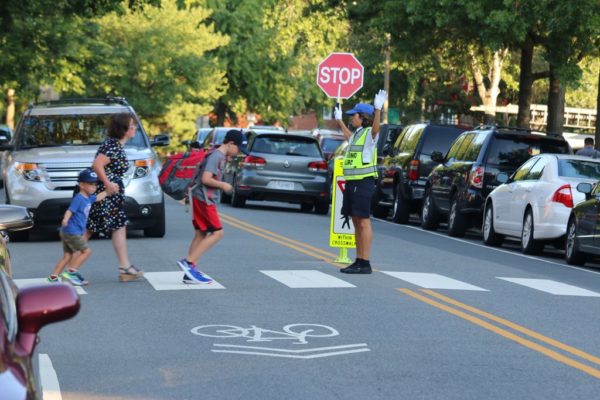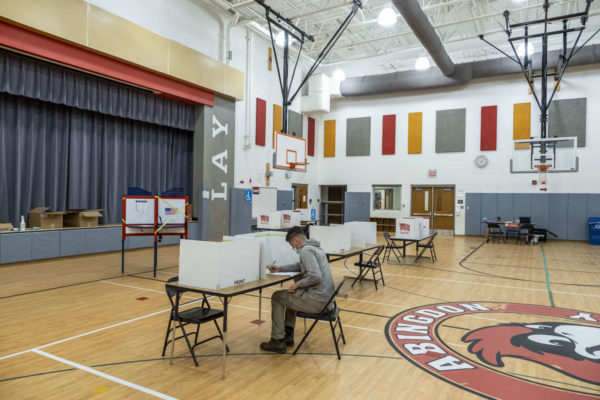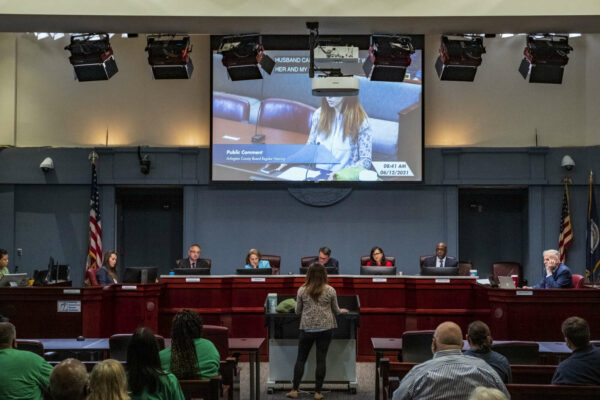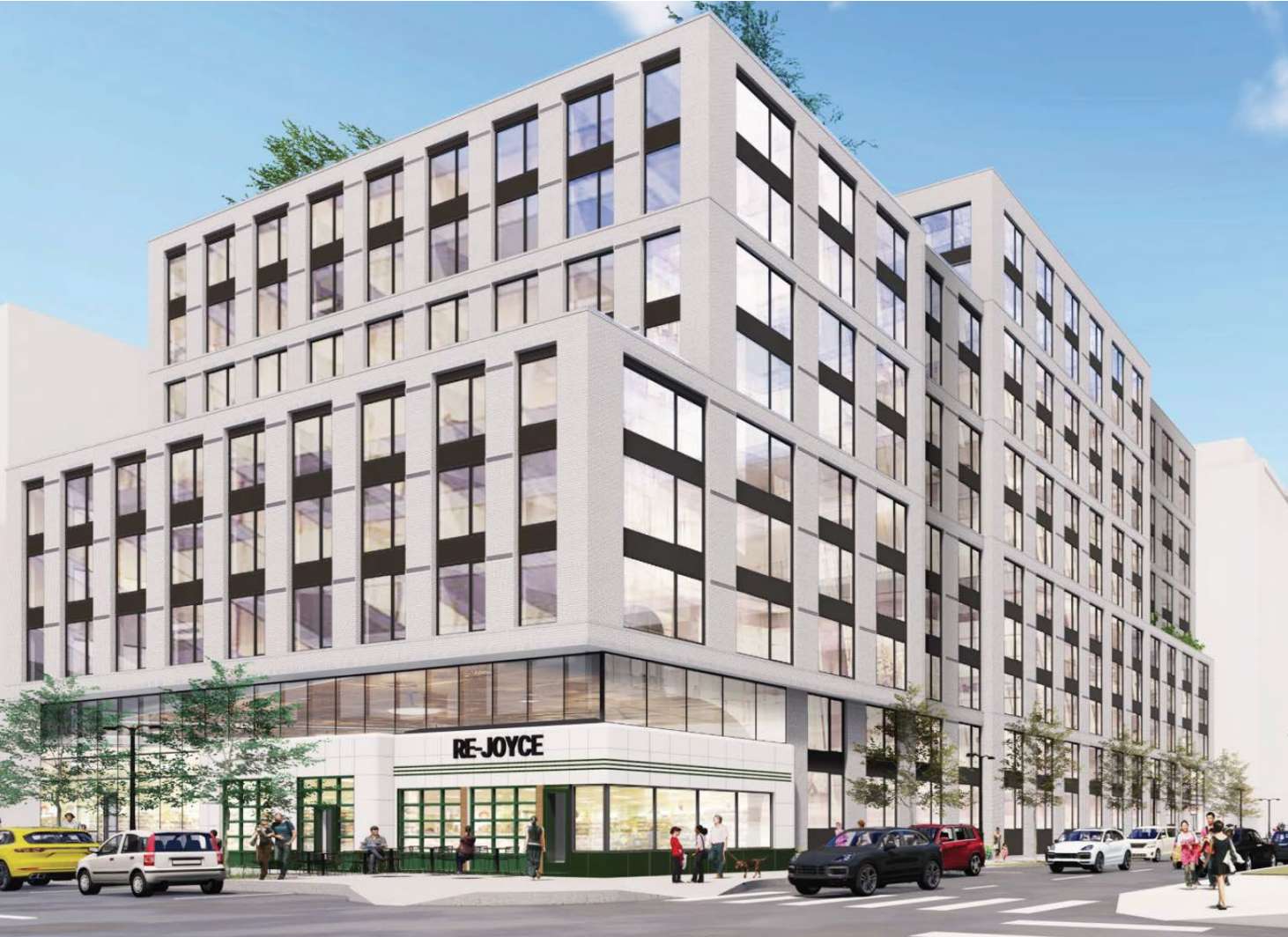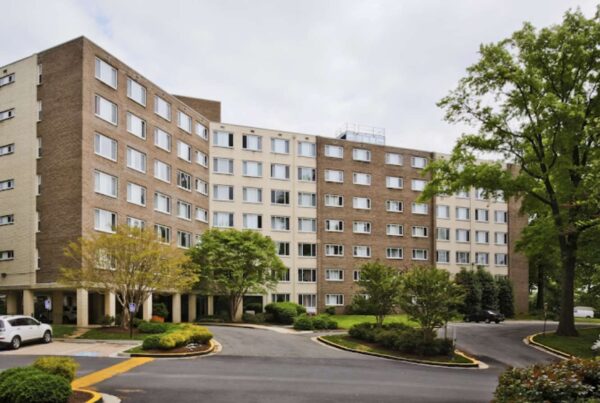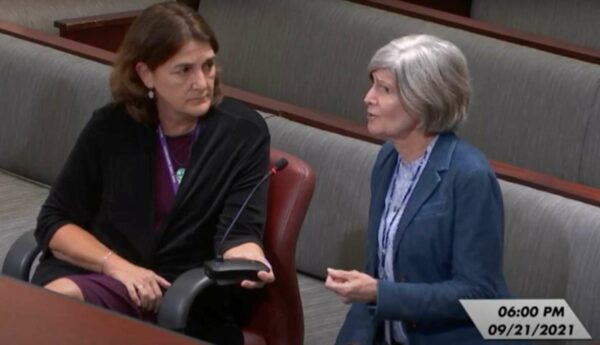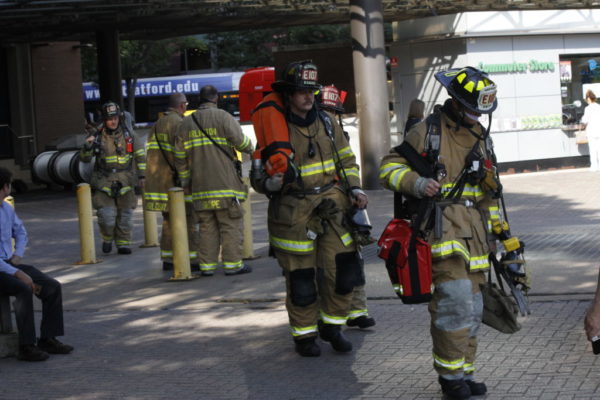Major Metro Delays — “Following an investigation into the derailment of a Blue Line train, the Washington Metrorail Safety Commission has ordered Metro to put roughly 60% of its rail fleet ‘out of service’ starting Monday. This will bring the total amount of Metro cars available to 40 and shift train service to departures every 30 minutes on all lines.” The delays may stretch beyond today as the 7000 series railcars are inspected. [WTOP, Twitter, Twitter]
County Board Roundup — “The Arlington County Board took action at its October meeting to ensure the safety of its youngest residents and secure quality housing. It also took steps to plan for Arlington’s priorities of housing and land use, transportation, sustainability efforts and more in the 2022 General Assembly legislative session.” [Arlington County]
Composting Program Profiled — “Erik Grabowsky is painfully aware that each time he chucks an overripe avocado, he’s not only lost a dollar; he’s also adding to the roughly 3,000 to 6,000 tons of food waste that residents in Arlington County, Virginia, generate every year. Most of it ends up in a nearby landfill. But Grabowsky, chief of the county’s solid waste bureau, is betting on a new residential composting program to change that.” [Bloomberg]
ACPD Latino Liaison — “ACPD is announcing the appointment of Cpl. Montoya as our first Latino Liaison Officer. He will work proactively with the Spanish-speaking community to build trust and confidence, share information, and conduct proactive engagement.” [ACPD, YouTube, Twitter]
Beyer Seeking Interns — From Rep. Don Beyer: “My office is now accepting applications for paid congressional internships.” [Twitter, Rep. Don Beyer]
Alexandria Police: Don’t Run Us Over — “Public Service Announcement: We recently have had two officers struck by inattentive motorists, so we are asking all who visit, work, and live in Alexandria to take a moment to understand Virginia’s ‘Move Over’ law and ensure you are following it.” [Twitter]
Outlook: Sunny, with a high near 66 today (Monday). Northwest wind 8 to 14 mph, with gusts as high as 26 mph. Sunset at 6:25 p.m. Tomorrow it will be sunny, with a high near 71 and sunrise at 7:22 a.m.








